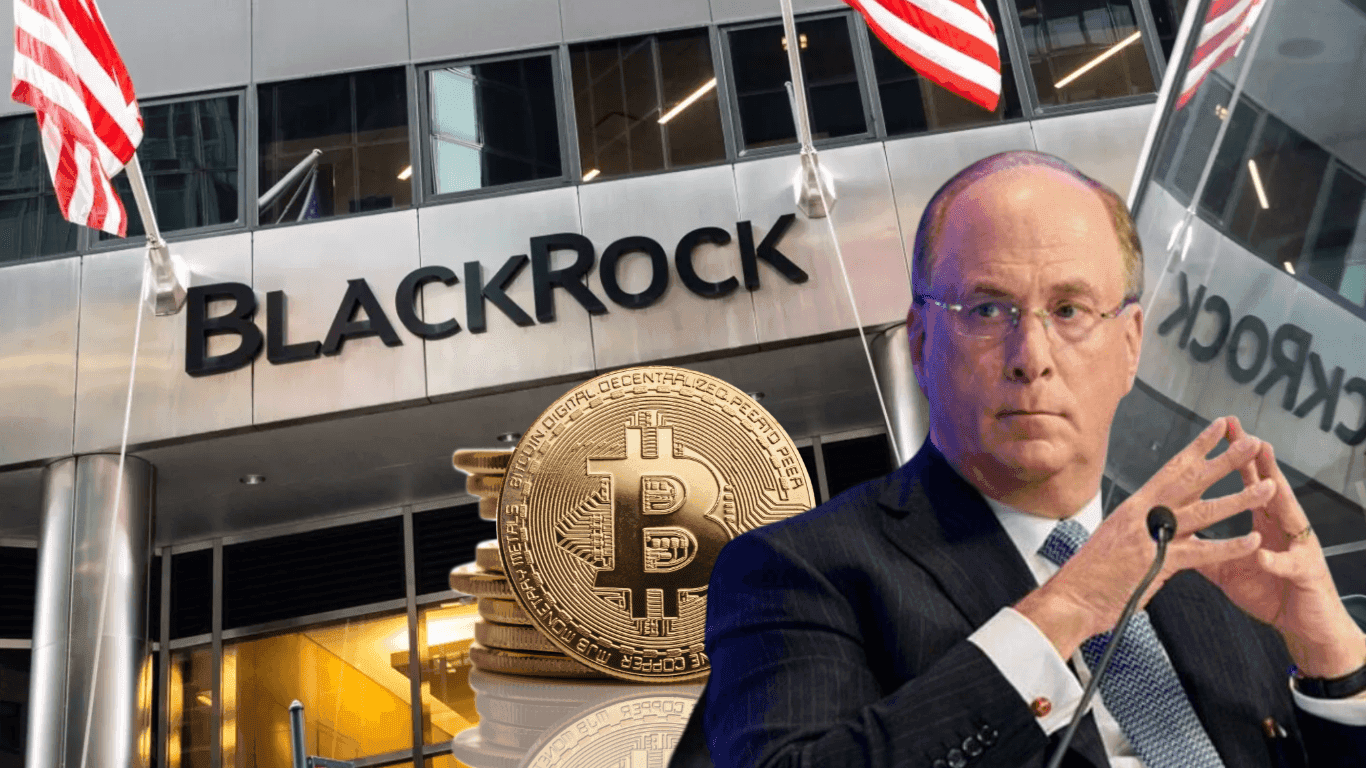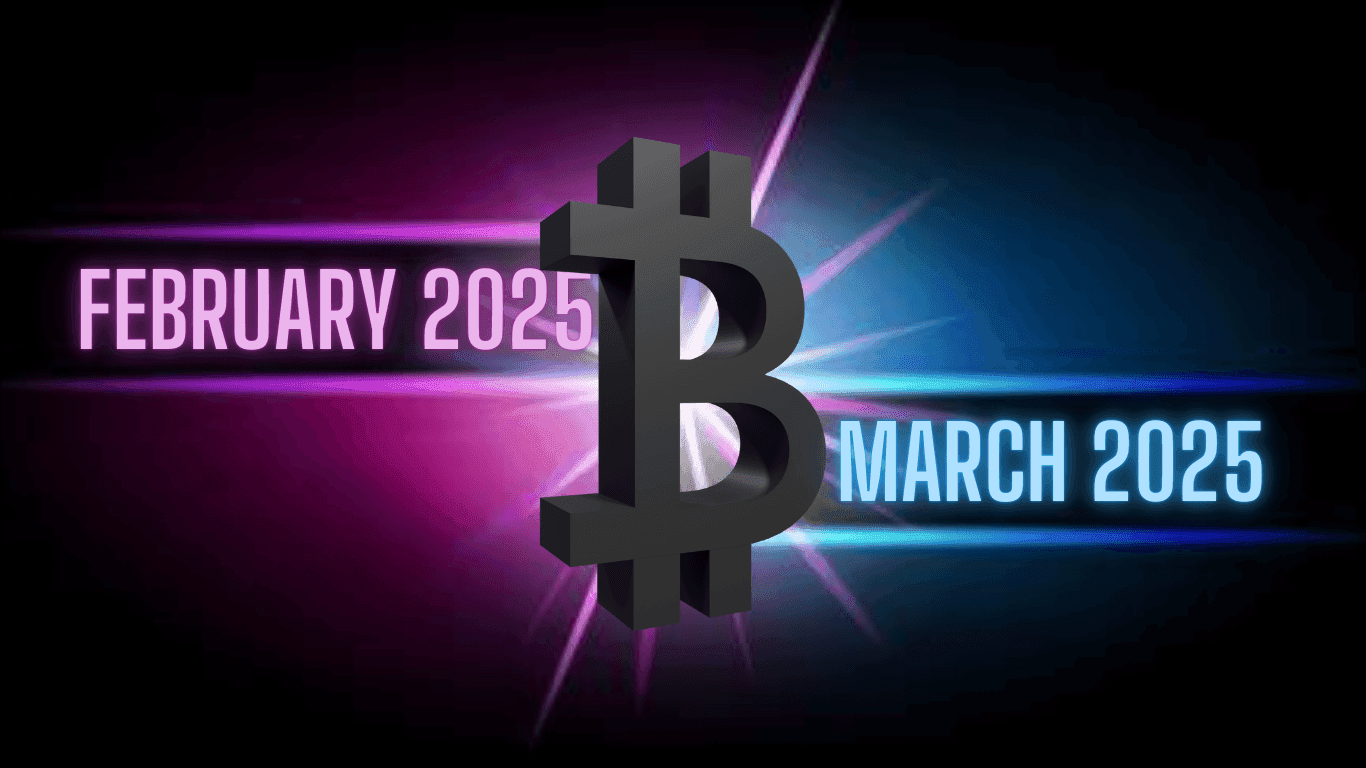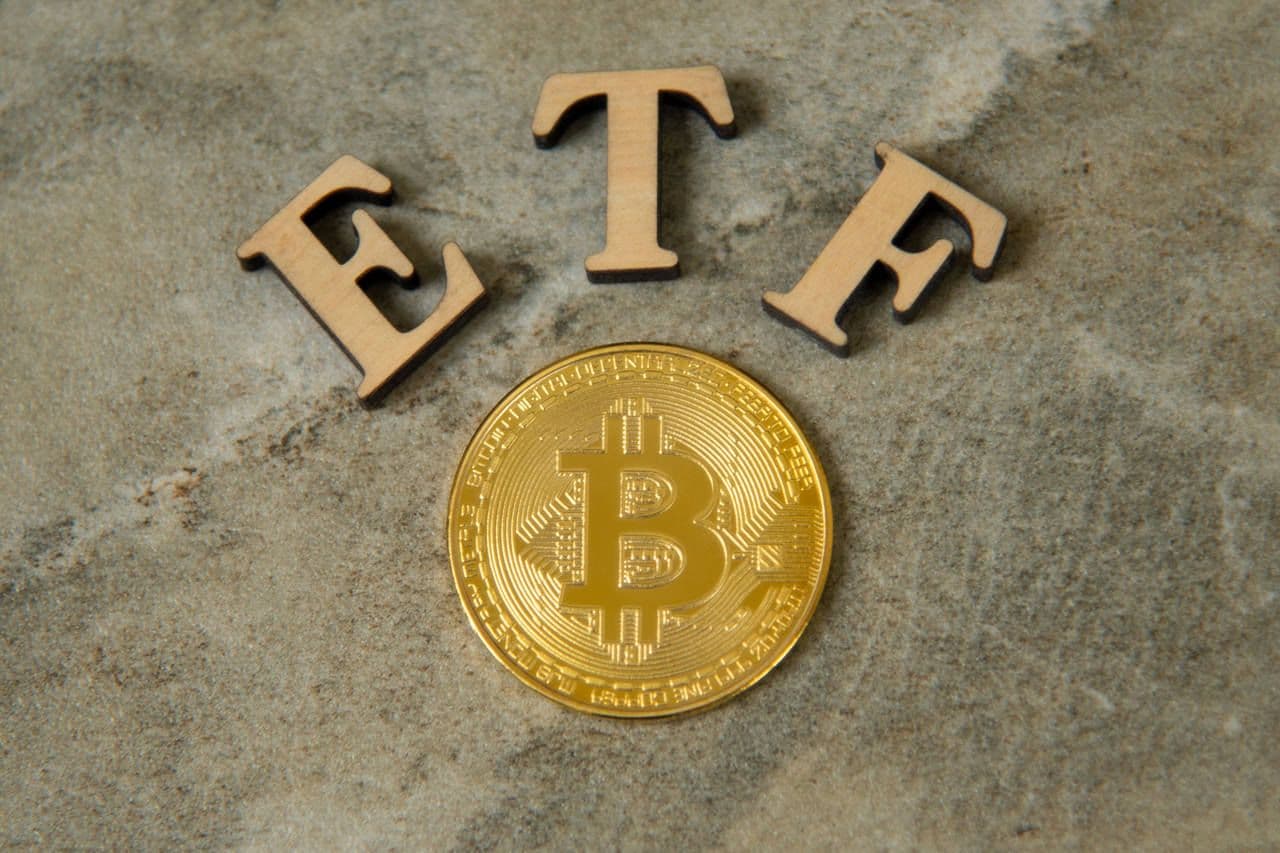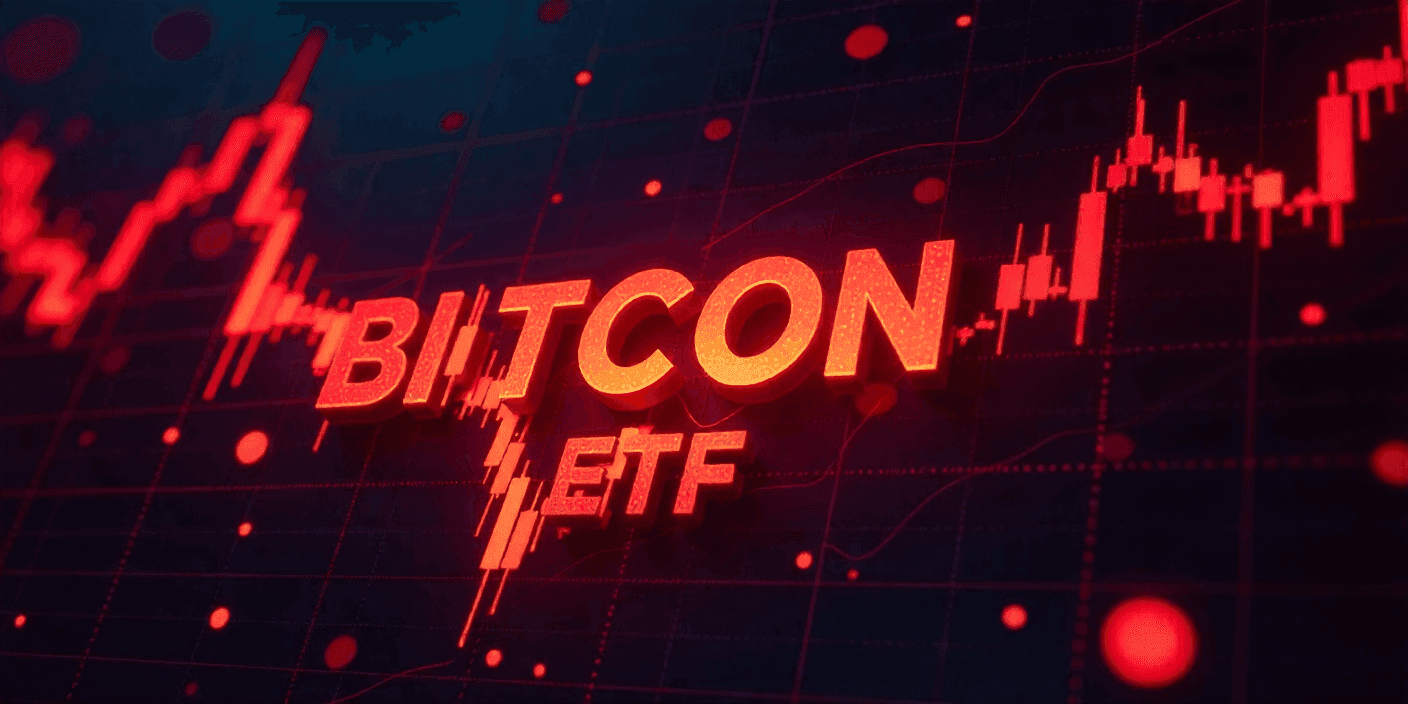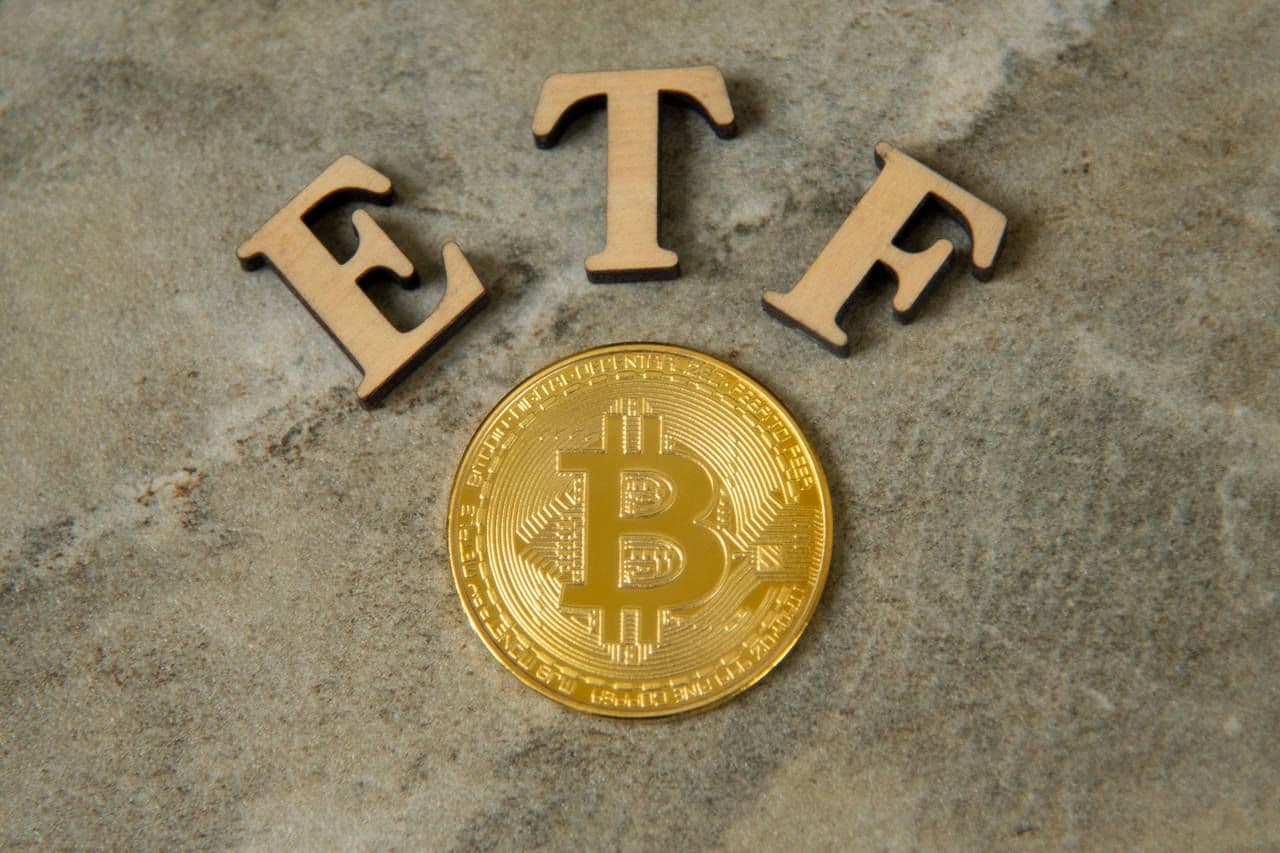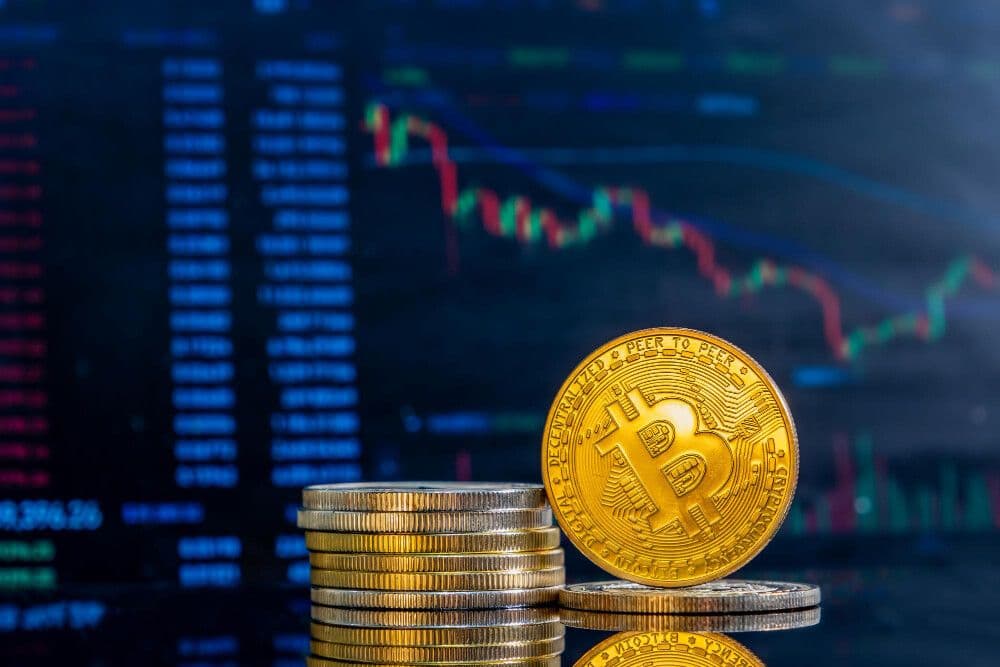BlackRock's Bitcoin ETF Gains $526M in Inflows
BlackRock's Bitcoin ETF just attracted a whopping $526 million in investments. Find out what this means for the crypto market!

BlackRock's Bitcoin ETF has just drawn in an impressive $526 million in investments. Discover what this huge influx of funds could mean for the future of the cryptocurrency market!
BlackRock's Bitcoin ETF Gains $526M in Inflows
BlackRock's iShares Bitcoin Trust (IBIT), an ETF listed on Nasdaq that tracks Bitcoin's spot price, saw a significant inflow of $526.7 million on Monday, according to early data from Farside Investors. This marks the largest single-day inflow since March, as reported by Coinglass. Since its debut on January 11, IBIT has amassed nearly $19.5 billion. On the same day, the other ten U.S.-listed Bitcoin ETFs experienced net inflows totaling just $6.9 million.
BlackRock's iShares Bitcoin Trust (IBIT) has demonstrated substantial market confidence, attracting an impressive $526.7 million in a single day, based on preliminary data from Farside Investors. This significant inflow marks the highest since March, indicating robust investor interest and trust in BlackRock’s management and the future of Bitcoin.
Since its launch in January, IBIT has amassed nearly $19.5 billion, underscoring its dominance in the market. In stark contrast, the remaining ten U.S.-listed Bitcoin ETFs collectively garnered just $6.9 million on the same day, highlighting a clear preference among investors for BlackRock's offering. This trend suggests that BlackRock’s reputation, combined with its strategic positioning and efficient tracking of Bitcoin’s spot price, makes IBIT a favored choice for those seeking exposure to cryptocurrency.
The stark difference in inflows also points to a potential consolidation in the market, where investors might be gravitating towards more established and reliable funds amid ongoing market volatility. This dynamic is likely to influence future investment patterns and the competitive landscape of cryptocurrency ETFs.
How has the Bitcoin Price Moved Recently?
Bitcoin is currently priced at $66,954 with a 24-hour trading volume of $126.01 billion. Its market cap stands at $1.32 trillion, giving it a market dominance of 53.87%. Over the past 24 hours, the BTC price has dropped by 0.84%.
Bitcoin reached an all-time high of $73,628 on March 14, 2024, and its lowest price was $0.05 on July 17, 2010. Since its ATH, the lowest price was $53,761, while the highest since that low was $68,474. The sentiment around Bitcoin's price prediction remains bullish, with the Fear & Greed Index showing a score of 71 (Greed).
Currently, there are 19.70 million BTC in circulation out of a maximum supply of 21 million BTC. The annual supply inflation rate is 1.39%, meaning 269,903 BTC were created in the past year.
What does this mean for the Crypto Market?
The significant inflow of $526.7 million into BlackRock's iShares Bitcoin Trust (IBIT) highlights a growing investor confidence in Bitcoin and the broader cryptocurrency market. This massive investment influx, the highest single-day tally since March, signals a potential resurgence in market optimism and interest in digital assets.
The preference for BlackRock's ETF over other U.S.-listed Bitcoin ETFs, which collectively only saw $6.9 million in inflows, indicates a trend towards consolidating investments in more reputable and well-managed funds. This shift could lead to increased stability and maturity in the crypto market as investors gravitate towards established entities with robust infrastructure and transparent operations.
Looking ahead, this trend suggests that large institutional investors are likely to continue favoring prominent, well-managed ETFs like IBIT. This could drive further growth and stability in the market, as significant capital inflows from reputable sources often lead to increased market confidence and reduced volatility.
Additionally, the success of BlackRock's ETF might prompt other financial institutions to develop similar products, enhancing competition and innovation in the crypto ETF space. As a result, the crypto market could see a period of growth and maturation, with increased regulatory oversight and improved investor protections, ultimately leading to broader acceptance and integration of digital assets into mainstream financial portfolios.



